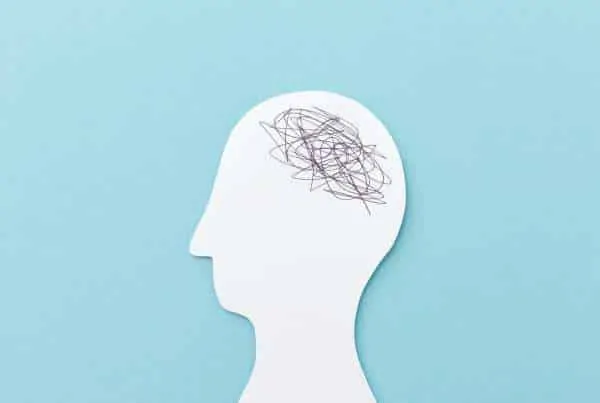A history of sexual violence can create an ideal environment for a variety of mental-health issues, addiction, and alcoholism. Often, the triggering event or events are hidden in the annals of one’s mind and perceived as shameful, deep, dark secrets too horrible to share…with anyone. As a result, drugs, alcohol, and risk-taking behaviors are often seen as the primary issue when one enters treatment. Time and again, we see that this isn’t always the case; That becomes clear when we look at it in terms of statistics:
- One out of every 6 American women has been the victim of an attempted or completed rape in her lifetime (14.8% completed rape; 2.8% attempted rape)[1];
- 29% are age 12-17;
- 44% are under age 18;
- 80% are under age 30.; 12-34 are the highest risk years.
- Girls ages 16-19 are 4 times more likely than the general population to be victims of rape, attempted rape, or sexual assault;
- 7% if girls in grades 5-8 (approx. ages 10-13) and 12% of girls in grades 9-12 (approx. ages 14-17) said they had been sexually abused;
- 3% of boys grades 5-8 and 5% of boys in grades 9-12 said they have been sexually abused[2].
As I frequently tweet Intervention, one of the things I notice on a regular basis is the consistency in which the women on the show are frequently struggling with a history of sexual violence, and are using drugs, alcohol, and promiscuity as their primary coping skill. From the outside looking in, it’s clear that the goal is to try to desensitize and anesthetize feelings of shame and guilt, et cetera; in other words, do anything and everything NOT to feel, remember, re-experience, or suffer from the emotional attachment to the event itself.
Twelve-step programs were written with specific goals in mind: to stop the alcoholic/addict from drinking and using. The steps work well in that regard, mostly because they are based on the disease model, addressing issues of alcoholism and addiction accordingly. However, the same tools provided to address addiction issues don’t always work in concert with mental-health issues, particularly those attached to sexual violence. We know the steps adequately provide an alcoholic/addict with the necessary skills needed to learn to take responsibility for and subsequently change their negative behaviors. They do so by asking the addict/alcoholic to take responsibility for their actions, face their fears, and acknowledge that they took part in creating their own demise. However, being sexually abused or raped isn’t a negative behavior to be changed but rather a causative, biting factor in things like:
- Depression
- Post-Traumatic Stress Disorder (PTSD)
- Alcohol and Drug Abuse
- Suicidal Ideation
- Eating Disorders
What then, do we do from a recovery standpoint when the predominant disease model isn’t geared to address issues of this caliber? The Big Book, the 12-step primer, was written by men addressing men’s issues, in a time when women were typically viewed as the ones affected by their spouse’s alcoholism and not as the alcoholics themselves. As more women began to come forward as alcoholics and addicts, the tools didn’t always adapt to the new issues that arose because of gender disparity, but rather, they stayed the same, assuming a one-size-fits-all mentality. In the cases of women dealing with sexual violence, being asked to take responsibility for an abuse event has the potentiality to create more or actually deepen the existing trauma, particularly if the innate issues of shame and guilt associated with it are ignored. The reality is, being victimized by sexual violence is not the fault of the victim. What does need to be addressed, however, is the anger, self-victimization, and negative behavioral byproducts occurring as a result.
We clearly have a multi-layered healing process on our hands, so first, the negative coping skills must be eliminated: Sobriety is an obvious first step and necessary component to support the healing process. Additionally, working with meditation and mind-body awareness techniques are also useful in helping one manage their anxiety, negative feelings toward oneself, and in re-building self-esteem. A therapist skilled in treating PTSD and this sort of trauma is also important, particularly since this is often a lifelong process.
It is in forgiving ourselves that we have the ability to become free.
[1] National Institute of Justice & Centers for Disease Control & Prevention. Prevalence, Incidence and Consequences of Violence Against Women Survey. 1998.
[2] 1998 Commonwealth Fund Survey of the Health of Adolescent Girls. 1998
Sources and support:
RAINN
One in Four
National Coalition Against Domestic Violence
Related articles
- 16 Days: Talking and listening is healing in DRC (cafod.org.uk)
Originally posted on October 25, 2011 @ 8:21 pm








